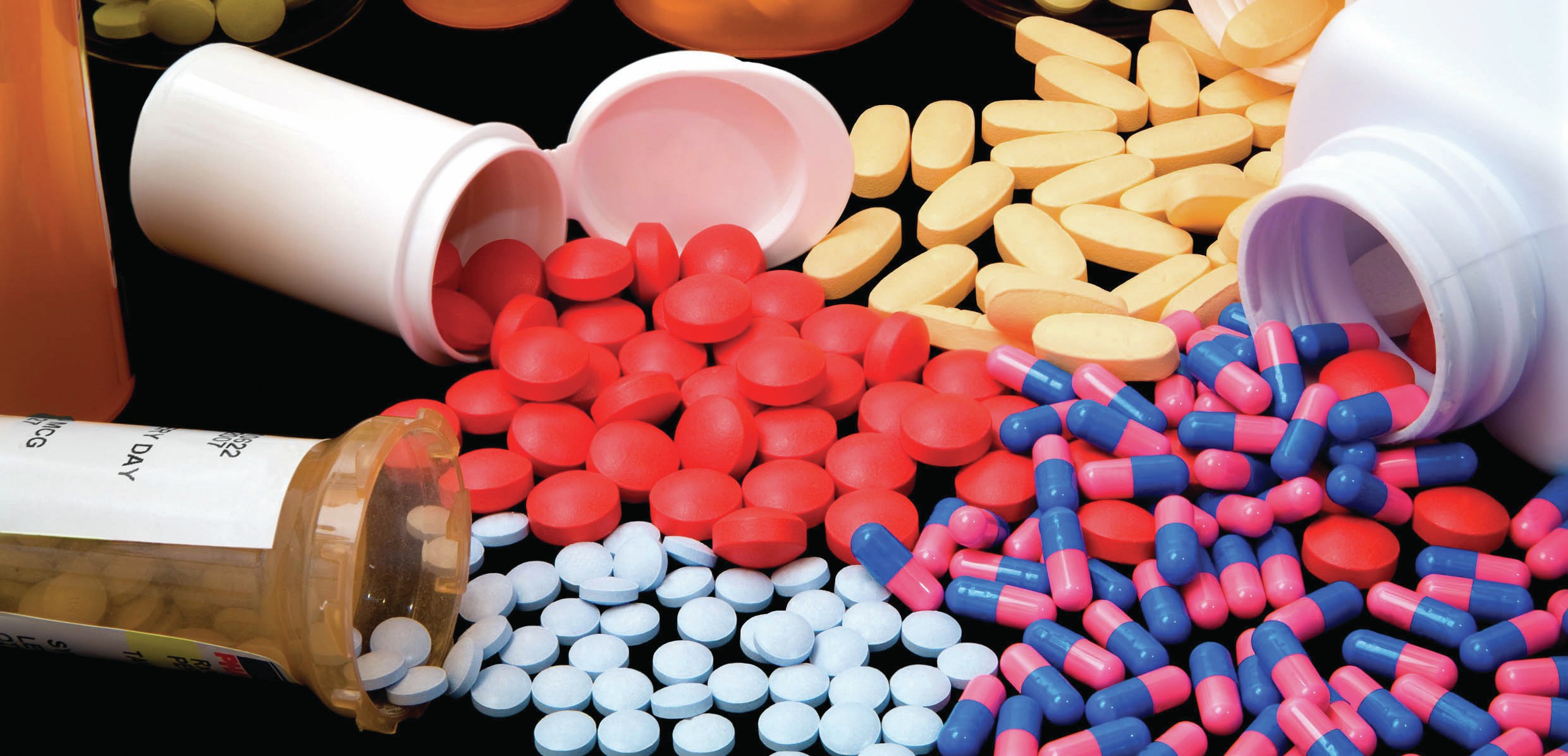
Patients cancer have the lowest life expectancy in the UK diagnosed with in western Europe. According to figures recently published in the highly respected EUROCARE-4 study, only 8.4% of UK patients with lung cancer are still alive after 5 years, compared to an average of 12.2% for the rest of Europe. One reason often mentioned to explain this dramatic difference in survival rates is that the National Health Service (NHS) cannot afford to offer patients some of the expensive drugs recently developed by pharmaceutical companies which are generally available in other countries.
It seems ironic somehow that the fact that UK patients cannot obtain first-rate treatments available in other countries is due to the decision of a world-class institution that has no equal in other EU countries: the National Institute for Health and Clinical Excellence (NICE). Although NICE was established a decade ago, this institution has attracted the attention of the media and the general public only in the last couple of years, following the controversial decisions to not include some new cancer drugs among the treatments offered by the NHS.
Your organisation does not have access to this article.
Sign up today to give your students the edge they need to achieve their best grades with subject expertise
Subscribe




